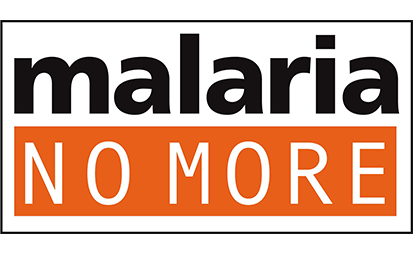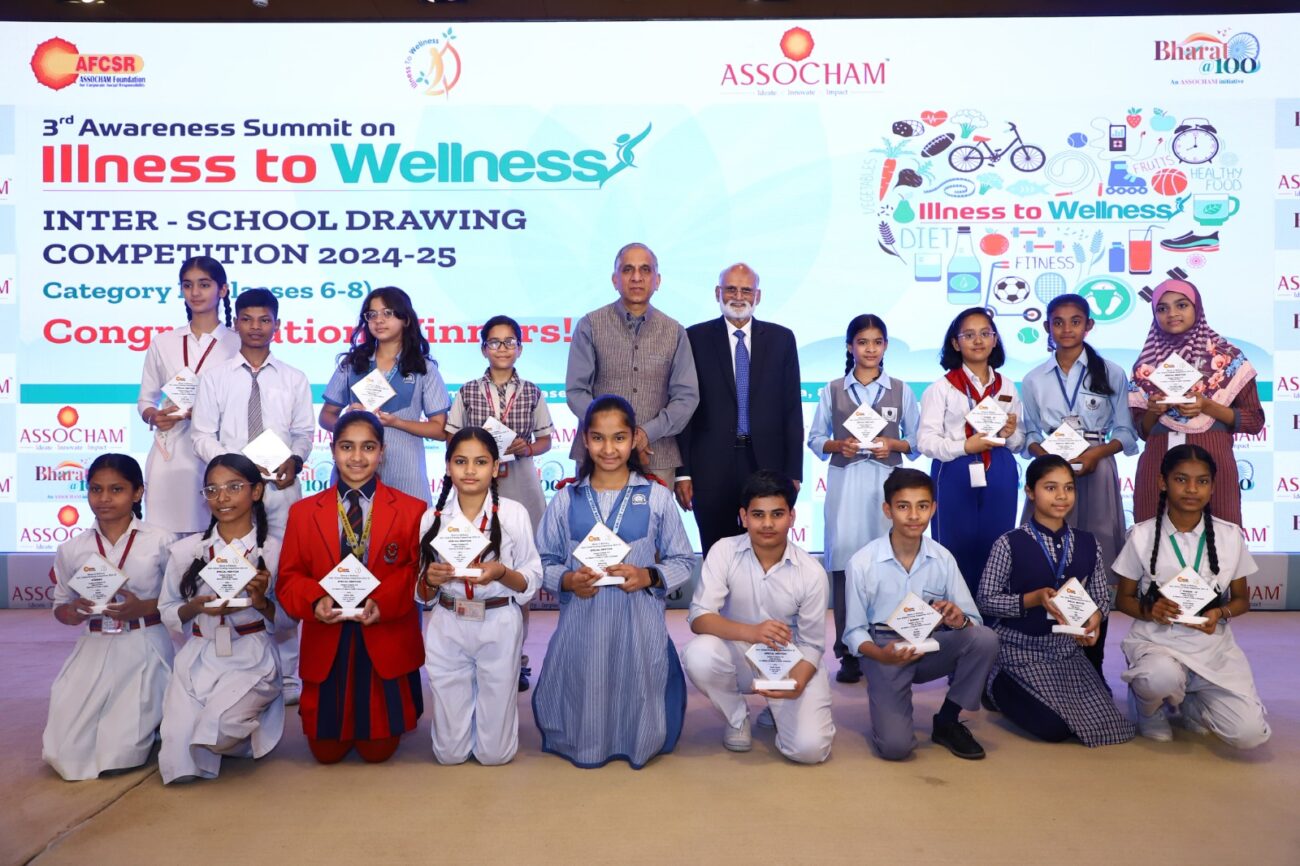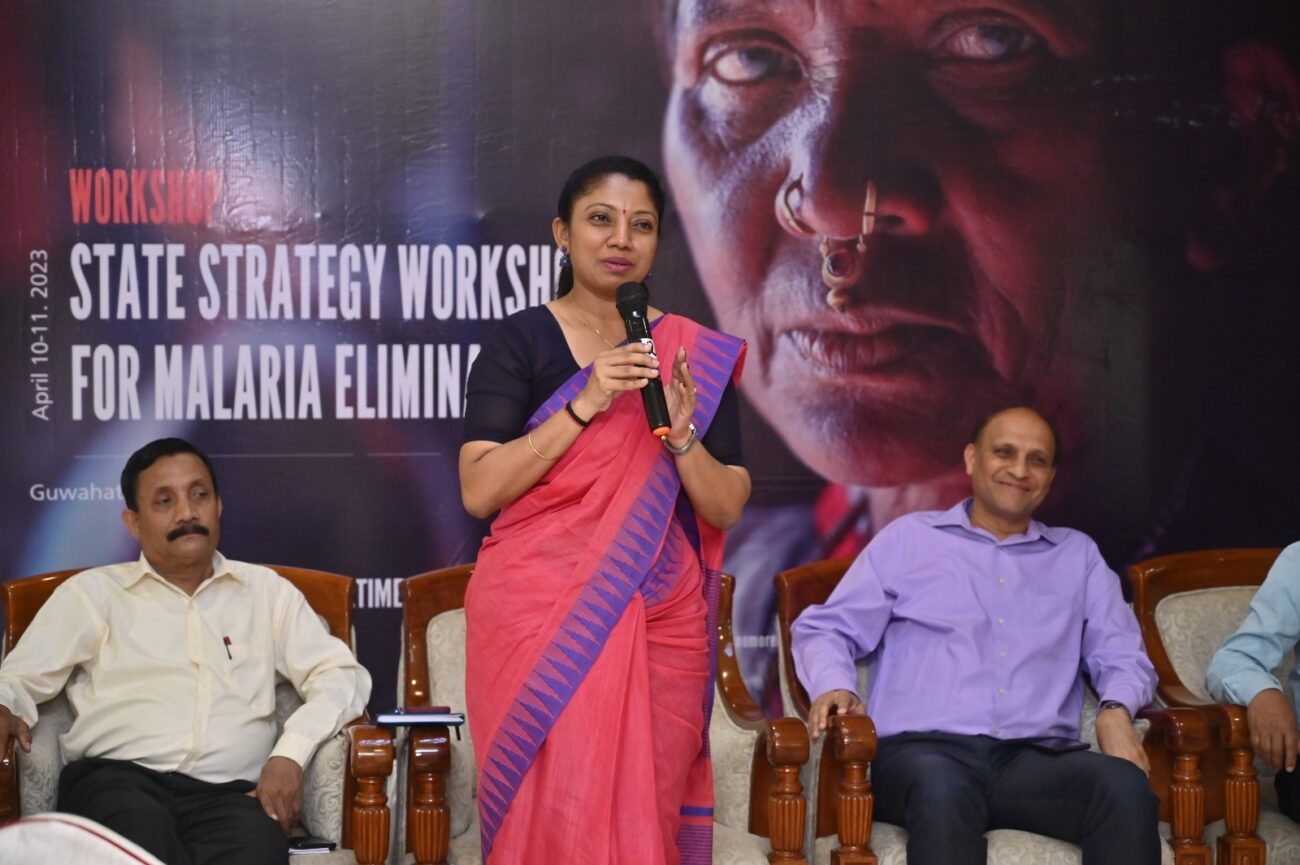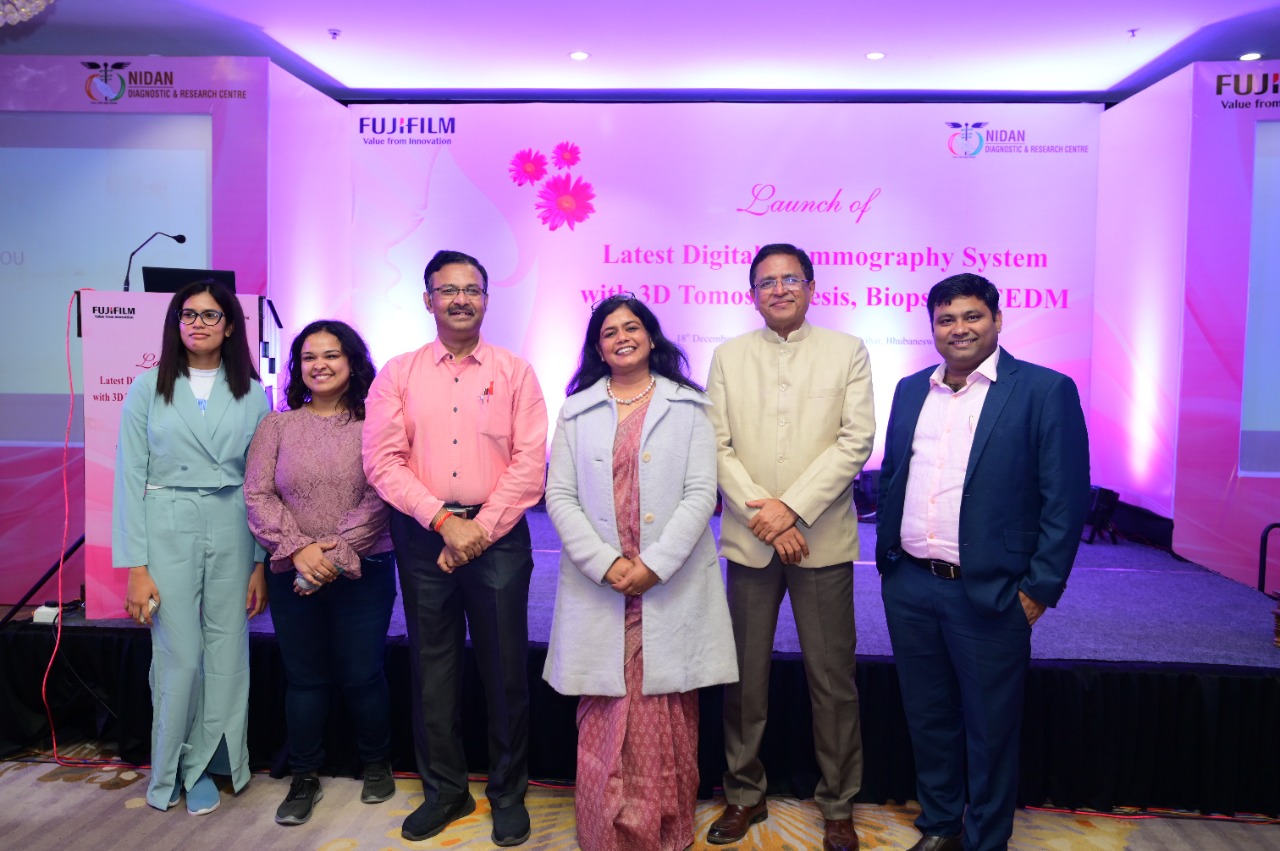Need to improve Malaria surveillance quality with measurement and monitoring say experts
To emphasize India’s malaria elimination priority, and to profile the agenda for its endgame strategic plan for the period of 2022-2027, Malaria No More today hosted its third advocacy workshop with key stakeholders to discuss

To emphasize India’s malaria elimination priority, and to profile the agenda for its endgame strategic plan for the period of 2022-2027, Malaria No More today hosted its third advocacy workshop with key stakeholders to discuss the importance of surveillance in meeting India’s malaria elimination goals.
Malaria No More launched a report titled ‘India’s March Towards Malaria Elimination’, following which it has been organizing workshops address the challenges identifies in the report and to find solutions to inform India’s national strategy. The third workshop was conducted by an expert panel consisting of Dr. Roop Kumari, Technical Officer Malaria and VBD, WHO India Country Office, Dr. NM Somalkar, Regional Direction, Regional Office Of Health and Family Welfare, Bhubaneswar, Prof. Suneela Garg, National President IAPSM; National President OMAG; Director Prof. & Head Community Medicine, MAMC; Advisor ICMR; and HAG Ministry of Health & Family Welfare, GoI, and Dr. Kaushik Sarkar, Interim India Country Director, Malaria No More. The panel discussed hotspot detection through surveillance, tailoring and implementation of the “1-3-7 strategy”, surveillance in mobile and migrant population of India, collaborations between neighbouring states to create surveillance mechanisms, improving surveillance quality through measurement and monitoring, and surveillance strategies for pregnant women, infants, tribal groups, and urban slums.
Stressing the importance of surveillance to achieve malaria elimination, Dr. Roop Kumari, Technical Officer Malaria and VBD, WHO India Country Office said. “Surveillance is key in malaria elimination; however, it is not one size fits all. We need to look at models tailored as per intensity. Interventions for prevention and elimination must be drafted to achieve overall zero indigenous cases to successfully eliminate malaria in India. The 1-3-7 strategy has been successful in China and Sri Lanka and will be key in working towards India’s elimination goal.”
Prof. Suneela Garg, National President IAPSM; National President OMAG; Director Prof. & Head Community Medicine, MAMC; Advisor ICMR; and HAG Ministry of Health & Family Welfare, GoI, addressing the challenges of surveillance said, “Malaria surveillance is an integral part of the Public Healthcare system. There should be interventions addressing upskilling of medical college students and institutions to integrate their role in the reporting system for malaria. The private sector should also be engaged and involved in the reporting system. This will be the beginning of India’s path towards malaria elimination, and we need every stakeholder to come together to fulfil this national goal.”
Dr. NM Somalkar, Regional Direction, Regional Office Of Health and Family Welfare, Bhubaneswar addressing the panel said “There is need for a three-pronged strategy to ensure robust malaria surveillance: strengthening active surveillance interventions, instituting a national reference lab for quality checks, and ensuring overall quality assurance in the surveillance system.”
Addressing the impact of COVID-19 on surveillance, Dr. Kaushik Sarkar, Interim India Country Director, Malaria No More said, COVID increased awareness of and sensitivity towards fever, and thus helped fever identification. However, COVID has caused a 30% dip in overall malaria surveillance. There is an imminent need for innovations and tools that go beyond the existing tools currently in use. At the same time we need to integrate innovative strategies and technologies to improve timely and quality testing on ground and strengthen the fidelity of implementation, especially for active surveillance.”
Malaria has been one of India’s longest standing public health problems that remained profoundly neglected compared to the other major infectious diseases in India. The COVID-19 pandemic has overshadowed healthcare surveillance over the last year, thus making surveillance key in India’s malaria elimination process. Amidst the surround sound of India’s success against malaria, a foray of sporadic spurts of the disease has been seen in the recent months and years in multiple states. However, testing has reduced in the pandemic and threatens the progress of elimination.
With a population of 1.26billion at risk, and an economic burden of $1.9 billion dur to malaria, focusing on India’s malaria elimination goals is key. To accelerate India’s progress against malaria, Malaria No More has launched a robust advocacy campaign engaging the existing and potential actors and stakeholders and aims to create solutions that could inform India’s national strategy.






